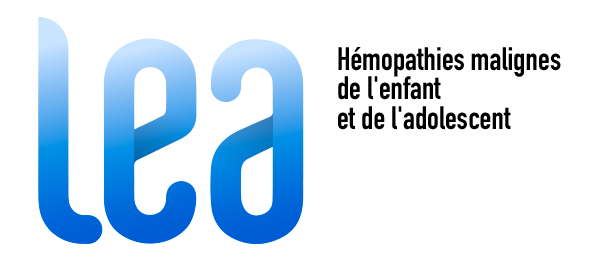Claire Oudin, Marie-Claude Simeoni, Nicolas Sirvent, Audrey Contet, Audrey Begu-Le Coroller, Pierre Bordigoni, Catherine Curtillet, Maryline Poirée, Isabelle Thuret, Barbara Play, Mara Carazza Massot, Pascal Chastagner, Hervé Chambost, Pascal Auquier and Gérard Michel.
Blood. 2011 Apr 28;117(17):4442-8.
https://pubmed.ncbi.nlm.nih.gov/21278355/
We evaluate the prevalence and risk factors of the metabolic syndrome (MS) in young adults surviving childhood leukemia. During the years 2007 to 2008, assessment of MS was proposed to all adults included in the Leucémie de l’Enfant et de l’Adolescent program, a French prospective multicentric cohort of leukemia survivors. Among 220 eligible patients, 184 (83.6%) had complete evaluation. Median age at evaluation and follow-up duration were 21.2 and 15.4 years. Overall prevalence of MS was 9.2% (95% confidence interval, 5.5-14.4).
There was no association of MS with sex, age at diagnosis, leukemia subtype, steroid therapy, and central nervous system irradiation. Patients were stratified according to 4 therapeutic modalities: chemotherapy alone (n = 97), chemotherapy and central nervous system irradiation (n = 27), hematopoietic stem cell transplantation (HSCT) without (n = 17) or with (n = 43) total body irradiation (TBI). MS occurred in 5.2%, 11.1%, 5.9%, and 18.6% of them, respectively.
The higher risk observed in the HSCT-TBI group was significant in univariate and in multivariate analysis (odds ratio [OR] = 3.9, P = .03). HSCT with TBI was associated with a higher rate of hypertriglyceridemia (OR = 4.5, P = .004), low level of high-density lipoprotein cholesterol (OR = 2.5, P = .02), and elevated fasting glucose (OR = 6.1, P = .04) So, TBI is a major risk factor for MS. Further studies are warranted to explain this feature.

